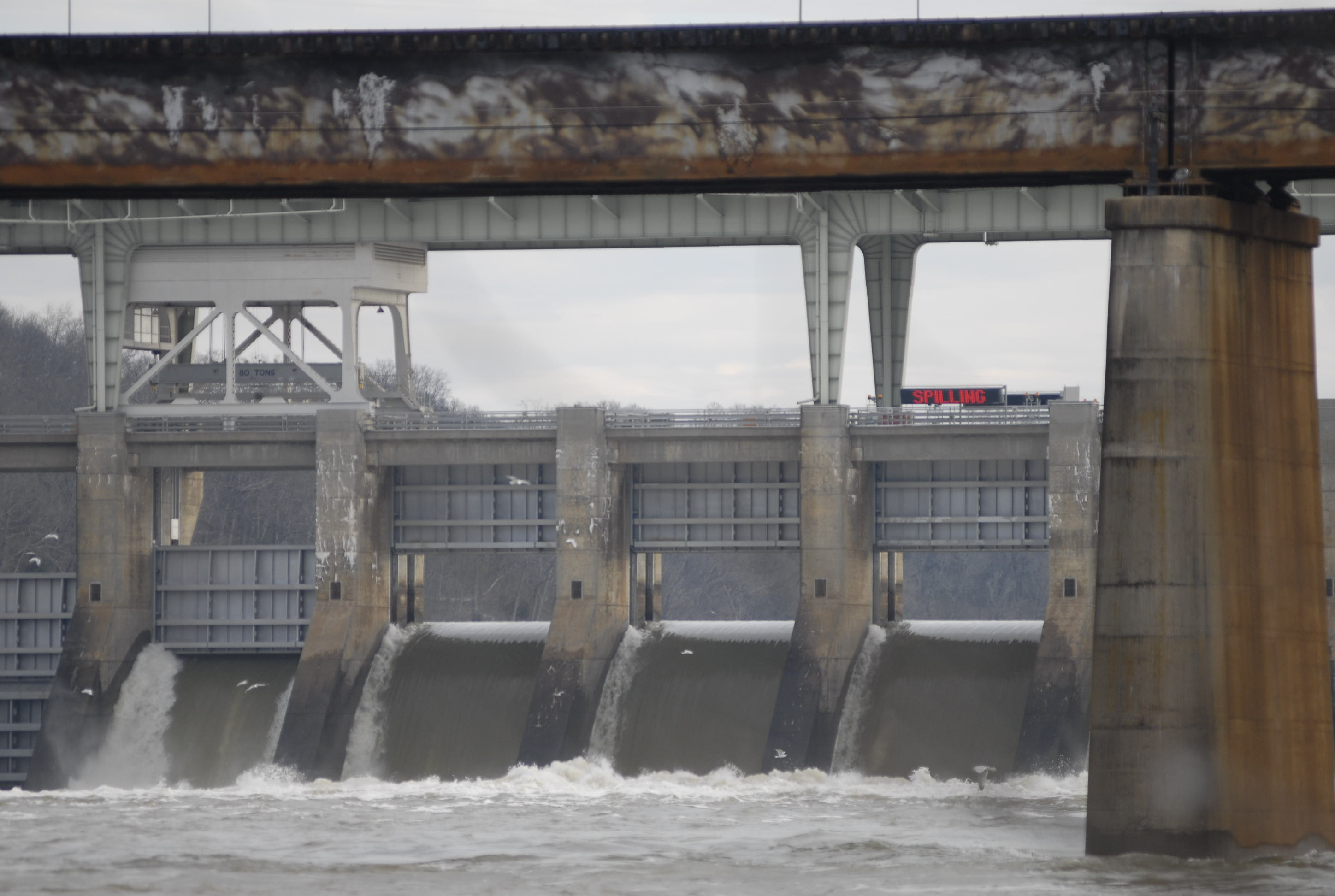Selling TVA wouldn't yield much for American taxpayers, but it could prove costly for Tennessee Valley residents and the region's economy and environment, according to an outside financial review of America's biggest government utility.
In $1 million study prepared for White House budget planners, Lazard Freres & Co. said if TVA had to earn the financial returns of private utilities, electricity rates would jump by 13 percent. At the same time, dismantling its power and nonpower programs could hurt TVA's recreation, economic development and environmental programs.
"TVA's current strong financial position, ability to self-fund its construction program and anticipated improvements in cost structure, environmental profile and asset mix as a result of long-term initiatives suggest there is no impetus for the federal government to change course," Lazard concluded in a 139-page report released Wednesday.
The Obama administration has suggested in two budget proposals that TVA might be sold, privatized or transferred to state or local governments to help cut its associated federal debt. The U.S. Office of Management and Budget first proposed a sale in early 2013 after an analysis predicted the utility would not be able to meet its capital needs without breaking its $30 billion debt ceiling.
But, spurred by a slowdown in power demand, TVA has tightened its belt, scrapped aging coal plants and suspended work on the Bellefonte Nuclear Power Plant. The utility cut capital spending plans by $13 billion and annual operating costs by $500 million.
"We're in much better financial shape than we were even a year and a half ago and we're exhibiting much better discipline and behavior with our spending as this study shows," TVA President Bill Johnson said Wednesday after visiting with Wall Street bond buyers in New York City.
As a result, Lazard said, TVA is expected pay down its debt from a 2015 peak of $26.5 billion to only $20.8 billion by 2023.
The Lazard study is likely to put to rest, at least for now, any major push to privatize or sell TVA.
"This report confirms that selling TVA would be as bad an idea today as it was when the president first proposed it," U.S. Sen. Lamar Alexander, R-Tenn., said Wednesday. "Hopefully, the Obama administration will now abandon this ill-conceived, reckless idea and start working with Congress to lower, instead of raise, the cost of producing clean, reliable electricity."
But a White House official said the Lazard study "identifies several important risks" for the utility and federal taxpayers if TVA fails effectively to manage its costs or its projected power needs. The Office of Management and Budget is continuing a strategic review of TVA, which benefits by implied but not direct federal backing of its bonds.
"The administration continues to believe that reducing or eliminating the federal government's future role in programs such as TVA, which have achieved their original objectives, may help mitigate risk to taxpayers," OMB said in a statement. "However, our first priority is to support and monitor TVA -- with as little disruption to management as practical -- as it implements these important measures."
U.S. Sen. Bob Corker, R-Tenn., who has criticized TVA's financial status, said the OMB review and the Lazard study "are important to help evaluate from time to time whether potential reforms could cause TVA to function more effectively for taxpayers and ratepayers."
Though TVA has been self-financing since 1959, the utility's debt is counted in the federal debt total. TVA has received no taxpayer funding since 1999, even for managing the Tennessee River and more than 300,000 acres of reservoir and shoreline property in parts of seven states.
Lazard analysts noted that if TVA was privatized, "it is unclear how TVA's nonpower mission and activities would logically fit" with other federal agencies or a revamped utility. That could threaten water quality programs, economic development initiatives, recreational facilities and land management activities, Lazard said.
"I've worked for both investor-owned utilities and public power utilities and I do think that the public power model has served the Tennessee Valley well," said Johnson, who left Duke Power in 2012 and became TVA's CEO last year
"The TVA of today would be very hard to disassemble."
Contact Dave Flessner at dflessner@timesfreepress.com or at 757-6340.
Previous news report:

